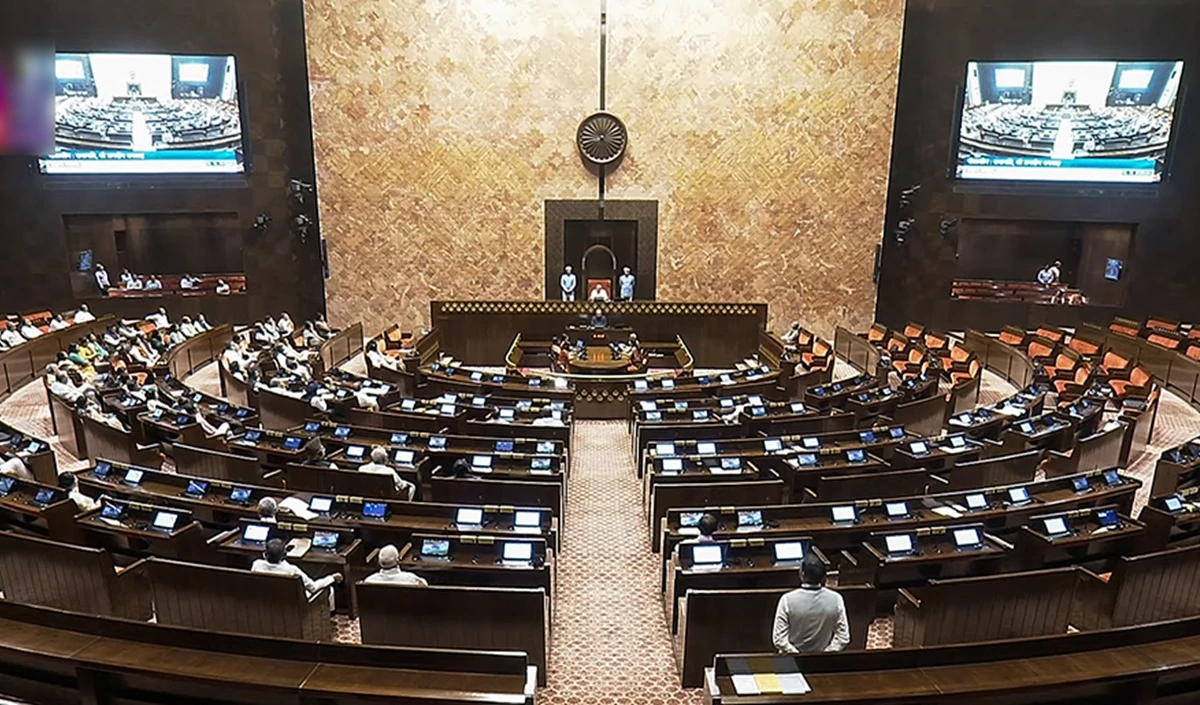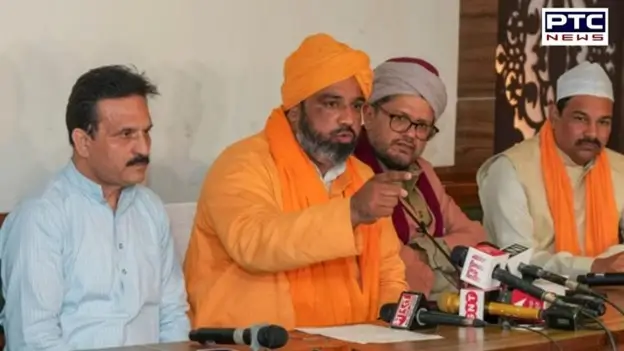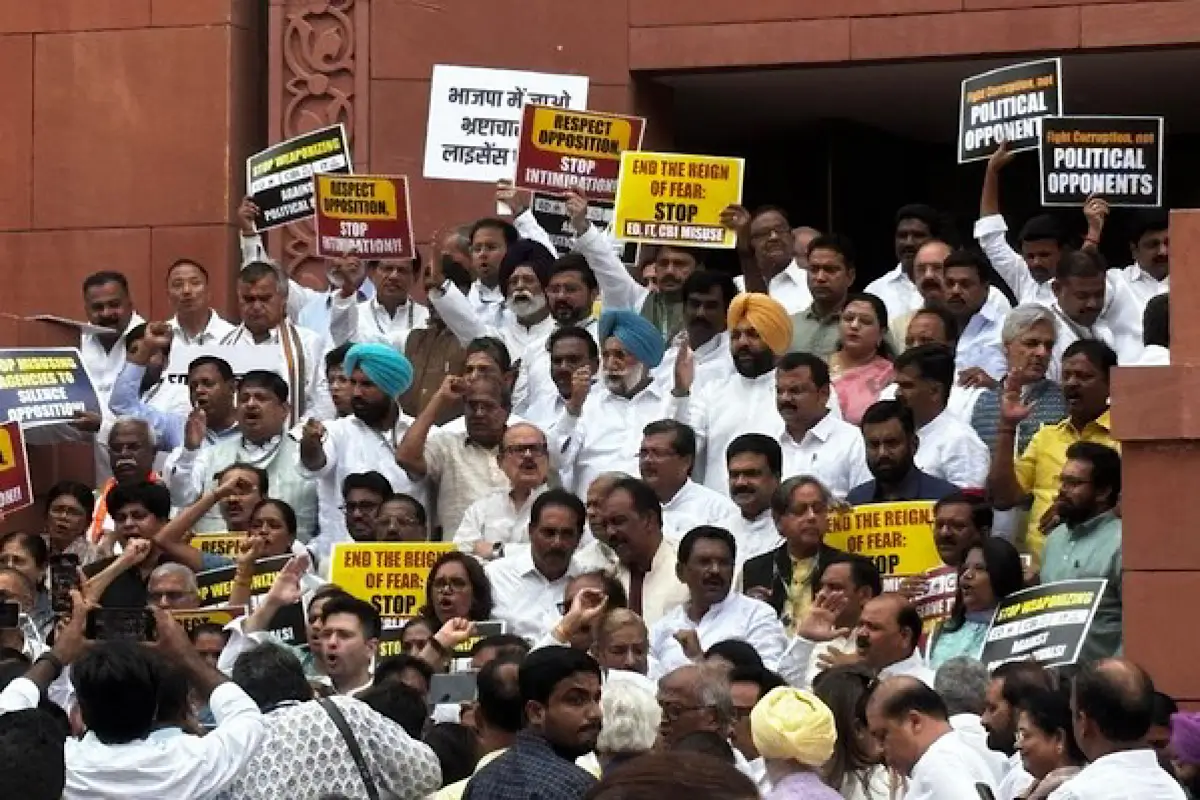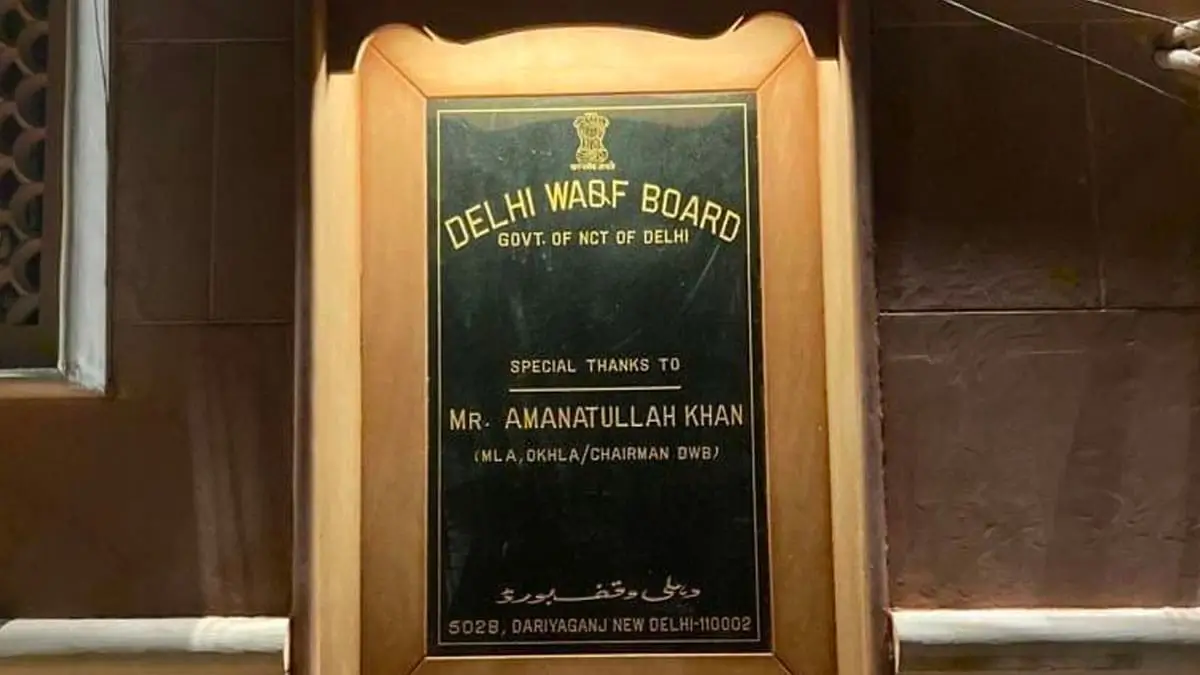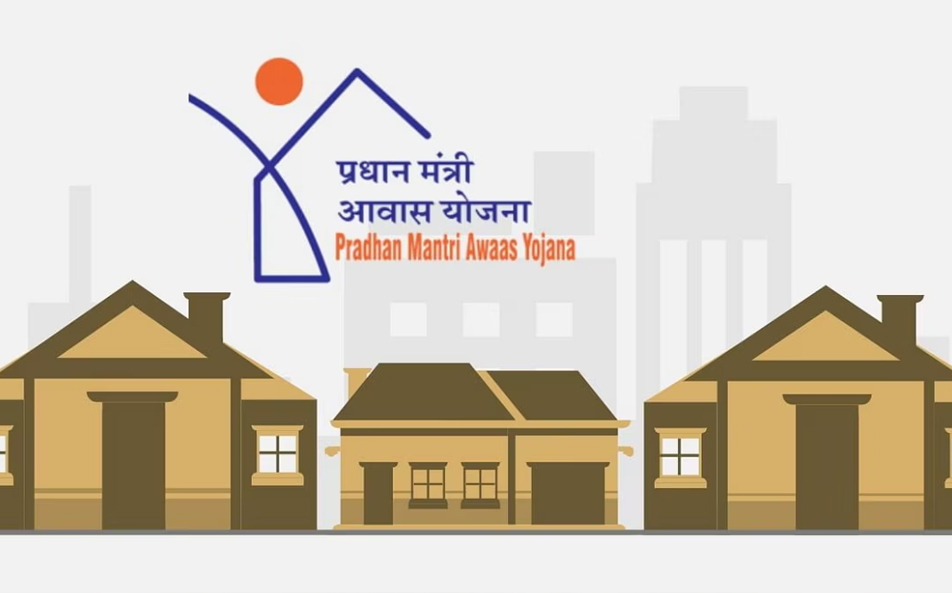
The United Indian

The proposed Waqf Amendment Bill 2024 aims to significantly alter the management and regulation of Waqf properties in India. This bill, if passed, would introduce substantial changes to the existing Waqf Act of 1995, which was last amended in 2013. The proposed amendments have sparked intense debate and controversy across the country, with supporters arguing for increased transparency and opponents expressing concerns about potential infringement on religious freedoms.
Understanding Waqf Properties and Boards
Before delving into the proposed changes, it's crucial to understand what Waqf properties are and how they are currently managed. A Waqf property is a movable or immovable asset dedicated in the name of God for charitable purposes. These properties, which can be centuries old, are considered inalienable and are meant to benefit the Muslim community through various means such as funding educational institutions, maintaining graveyards and mosques, and supporting shelter homes.
Waqf boards are legal entities responsible for managing these properties. The Central Waqf Council (CWC), established in 1964, oversees and advises state-level Waqf boards across India. Under the current system, Waqf boards have considerable autonomy in designating properties as Waqf and managing them.
Key Proposed Amendments in Waqf Amendment Bill 2024
1. Mandatory Registration: The bill proposes that all Waqf properties must be registered with the District Collector's Office. This would allow for official evaluation and documentation of these properties.
2. Government Property Exclusion: Any government property identified or declared as Waqf property, either before or after the act's commencement, would not be considered Waqf property.
3. District Collector as Arbiter: The District Collector would have the final say in determining whether a property is Waqf or government land. This decision would be binding and lead to necessary changes in revenue records.
4. High Court Appeals: Disputes regarding Waqf board decisions could be appealed in the respective High Courts, potentially expediting the resolution process.
5. Documentation Requirements: The bill seeks to tighten the requirements for declaring a property as Waqf. Without a valid waqfnama (documentation), a property's status as Waqf could be disputed or considered suspect.
6. Government Audits: The Central government would gain the power to direct audits of any Waqf property at any time, conducted by auditors appointed by the Comptroller and Auditor-General of India or designated government officers.
Comparison with the Waqf Act 1995
The proposed amendments represent a significant shift from the 1995 Act and its 2013 amendment. The current law gives Waqf boards extensive powers to designate and manage properties. The 1995 Act, particularly after the 2013 amendment, allowed for properties to be considered Waqf even if their original declaration was disputed, acknowledging the historical practice of oral dedication.
The new bill seeks to reverse this approach, requiring clear documentation and giving more power to government authorities in the decision-making process. This marks a move towards greater government oversight and regulation of Waqf properties.
Controversies and Debates
The proposed amendments have ignited a heated political debate. Opposition parties argue that these changes could potentially deprive the Muslim community of their land, assets, and the constitutional right to manage their religious affairs as guaranteed under Article 26 of the Indian Constitution.
On the other hand, supporters of the bill, including the ruling NDA government, contend that these amendments are necessary to bring transparency and efficiency to the management of Waqf properties. They argue that the demand for such regulation comes from within the Muslim community itself, citing concerns about mismanagement and disputes over property claims.
The controversy is further fueled by ongoing disputes across the country where Waqf boards have claimed several properties as 'Waqf'. These claims have often led to legal battles and social tensions, particularly when the properties in question are of historical or cultural significance beyond the Muslim community.
Potential Implications
If passed, the Waqf Amendment Bill 2024 could have far-reaching implications:
1. Increased Government Control: The amendments would significantly increase government oversight of Waqf properties, potentially reducing the autonomy of Waqf boards.
2. Property Disputes: The new provisions could lead to a reassessment of many properties currently considered Waqf, potentially resulting in legal challenges and disputes.
3. Documentation Challenges: The emphasis on proper documentation might pose challenges for properties that have been considered Waqf based on long-standing use rather than formal declaration.
4. Transparency and Accountability: Supporters argue that the changes would bring much-needed transparency to the management of Waqf properties, potentially benefiting the Muslim community in the long run.
5. Constitutional Questions: The amendments may face legal scrutiny regarding their alignment with constitutional provisions on religious freedom and minority rights.
Conclusion
The Waqf Amendment Bill 2024 represents a significant shift in the approach to managing Waqf properties in India. While proponents argue that it will bring much-needed reforms and transparency, critics fear it could infringe on religious freedoms and community rights. As the debate continues, the bill's progress through the legislative process will be closely watched by various stakeholders, including religious leaders, legal experts, and political observers.
The outcome of this legislative effort could have lasting implications not only for the management of Waqf properties but also for the broader discourse on religious autonomy, state intervention, and the balance between community rights and government oversight in India's diverse and complex social fabric.
Read more in Government Sector
Jul 11, 2025
TUI Staff
Jul 09, 2025
TUI Staff
May 28, 2025
TUI Staff

Stay Tuned with The United Indian!
Our news blog is dedicated to sharing valuable and pertinent content for Indian citizens. Our blog news covering a wide range of categories including technology, environment, government & economy ensures that you stay informed about the topics that matter most. Follow The United Indian to never miss out on the latest trending news in India.
©The United Indian 2024






